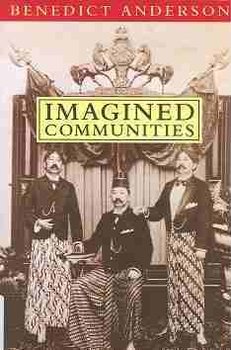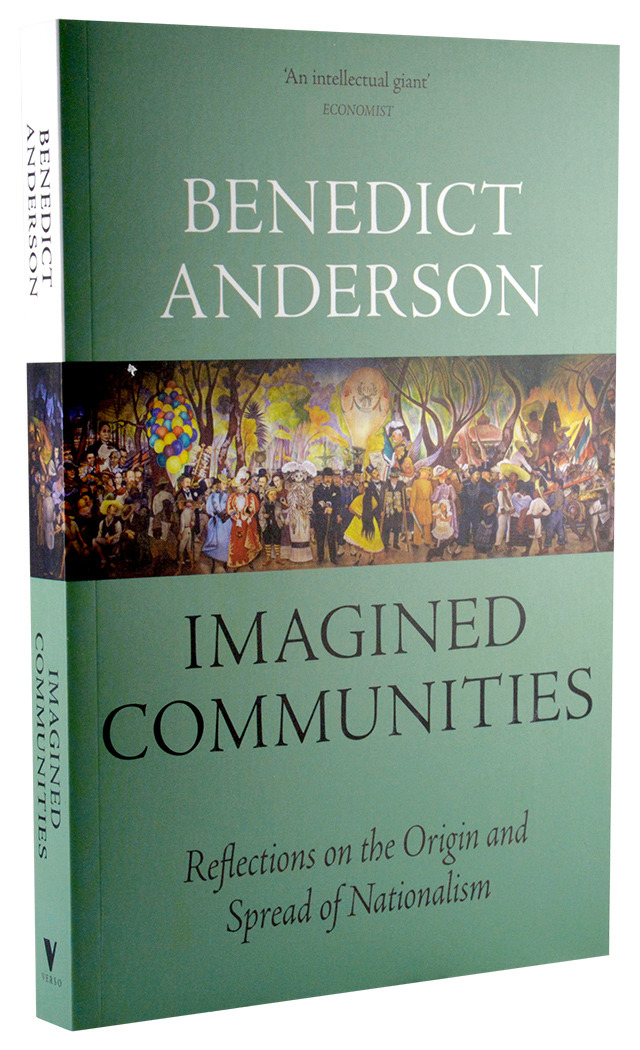

The good times ended in 1976, when the military overthrew the civilian regime and publicly shot and hanged student radicals in downtown Bangkok. A heady interlude between dictatorships allowed Thai radicalism to flower. “It was a wonderful time to be there,” he later said.

With Indonesia closed to him, Anderson journeyed to Bangkok in 1974. It was the beginning of an exile that would endure for almost three decades. In April 1972, Anderson was expelled from the country. The young scholar, entirely fluent in Indonesian, was being watched: A US embassy document from 1967 stated that Anderson was “regarded…as an outright Communist or at least a fellow traveler.” He also found himself under attack in the Indonesian press: The magazine Chas, which reportedly had ties to the country’s intelligence services, called him a “useful idiot” in a front-page article. A radical printing collective in Australia published it as an orange-colored, 28-page pamphlet titled “Analysis of Responsibility,” with an admiring introduction by the translator.Īfter Sudisman’s trial, Anderson’s ability to do research in Java would eventually be curtailed. Probably you two are the only ones I can trust to make sure that what I said will survive.’ It was like an appeal from a dying man.” Anderson answered that appeal in 1975, when he translated Sudisman’s speech into English from a smuggled copy of the court transcript.

He didn’t say anything, but I had such a strong feeling that he was thinking: ‘You have to help us.

In 2001, Anderson told me that he “was so dignified, so calm, and his speech was so great, that I felt a kind of moral obligation” to do something: “As Sudisman was leaving the courtroom for the last time, he looked at me and Herb. Sudisman, who received a death sentence, also maintained his composure.


 0 kommentar(er)
0 kommentar(er)
